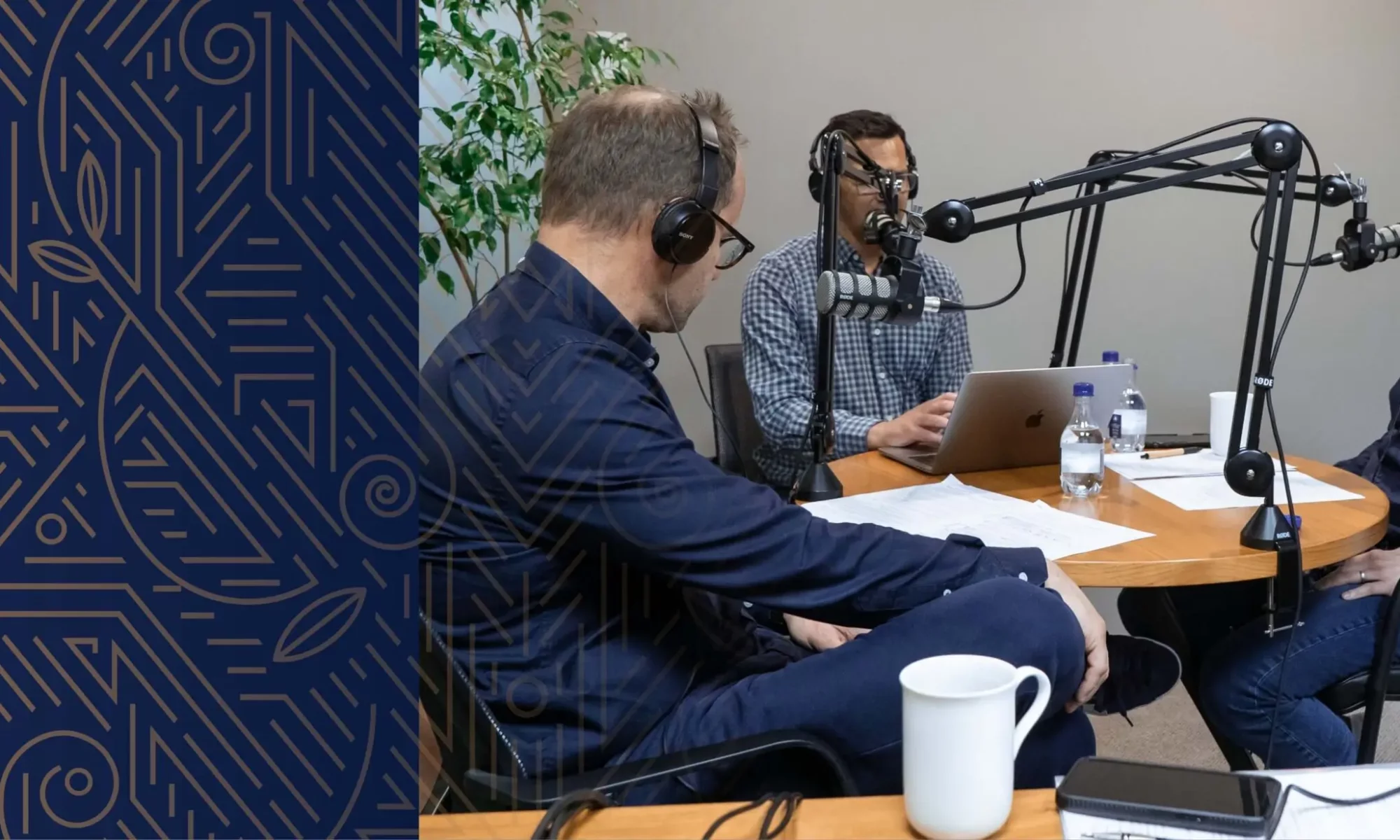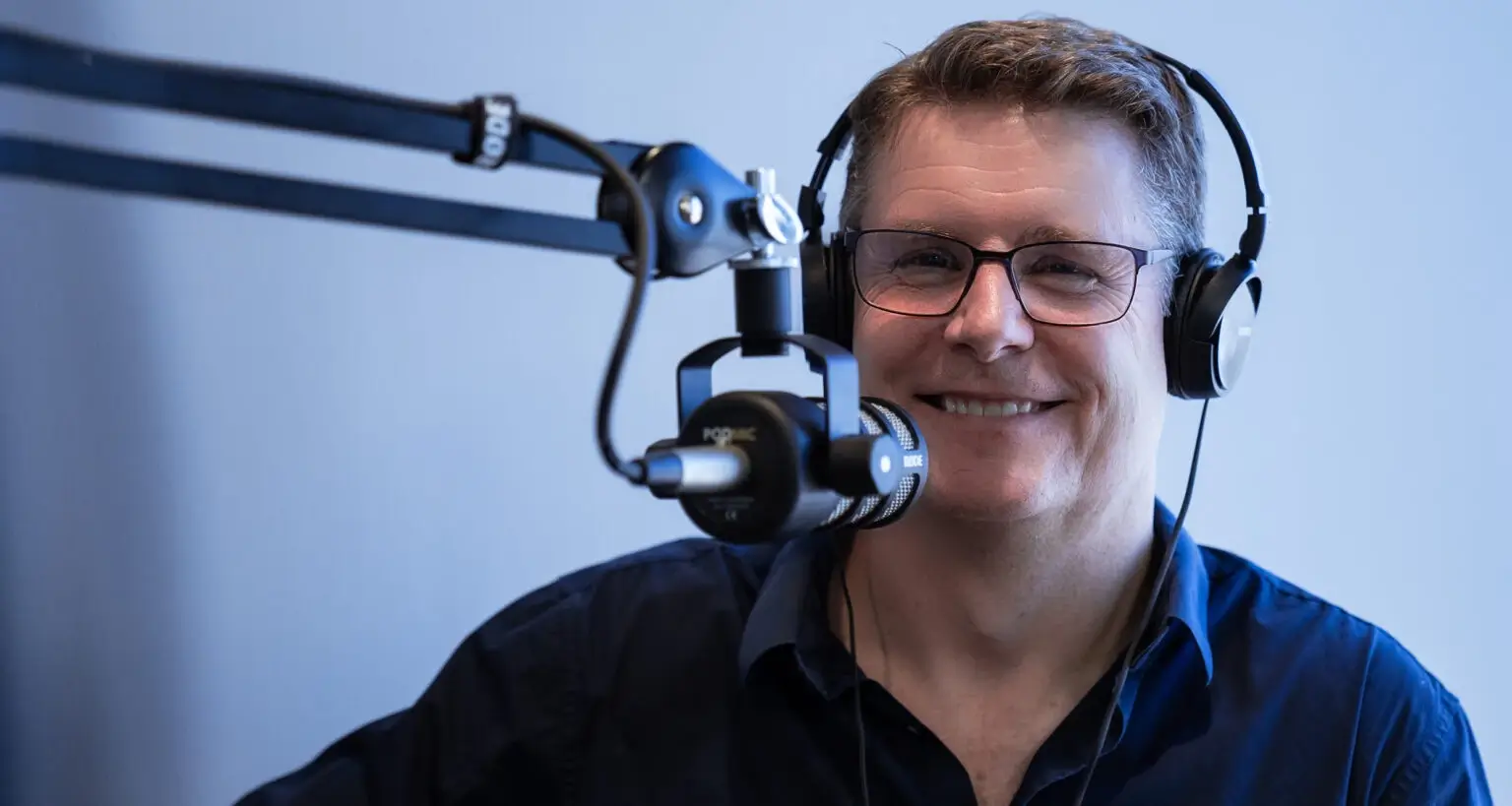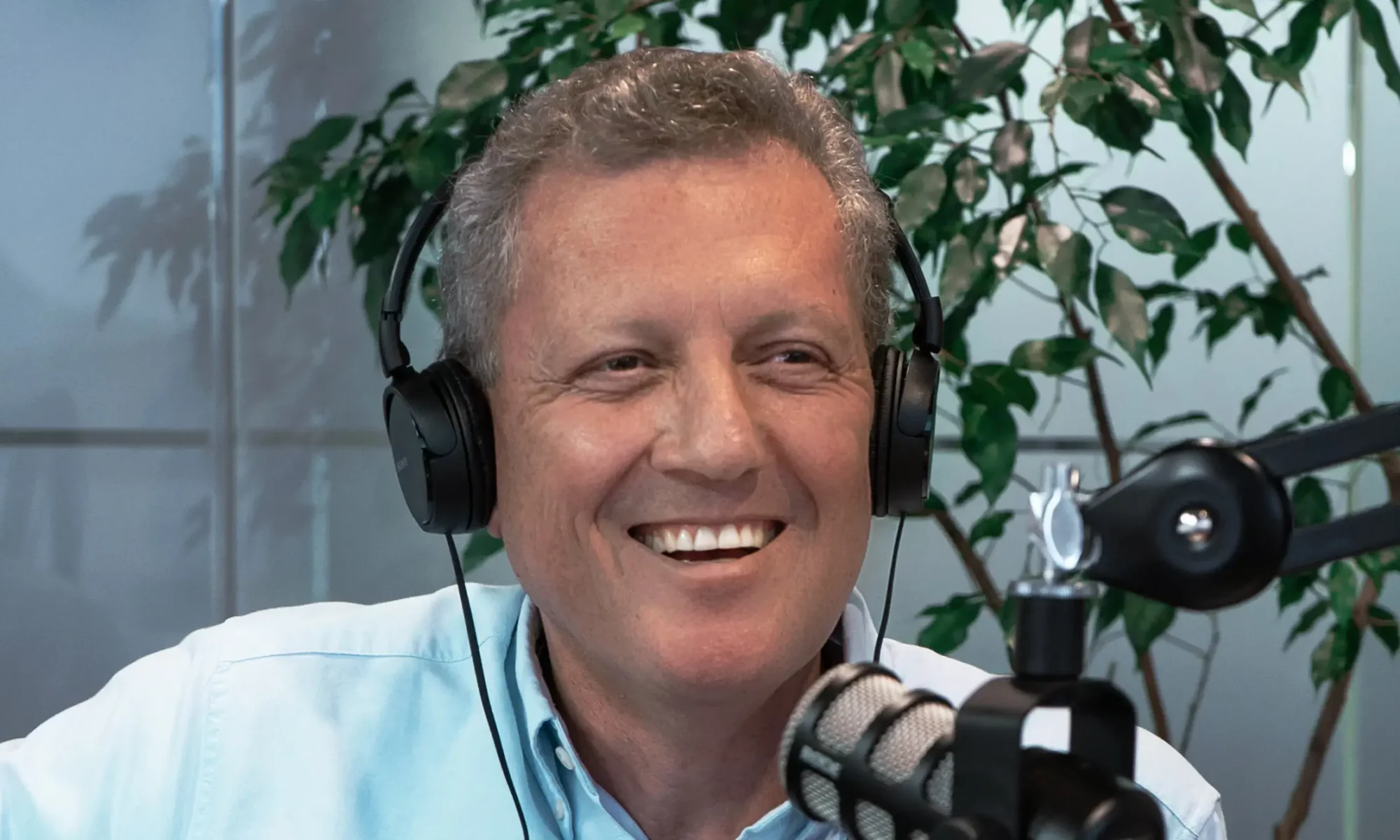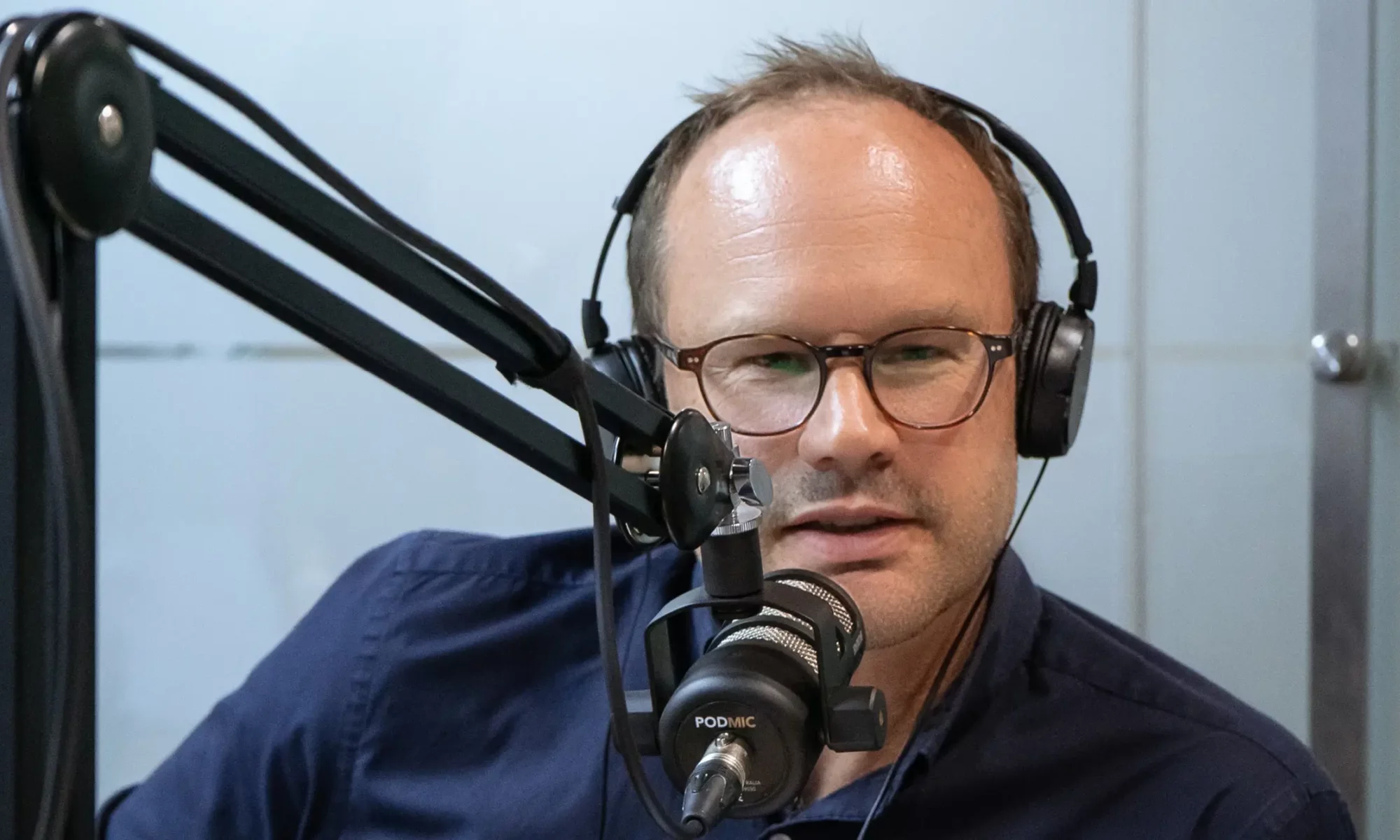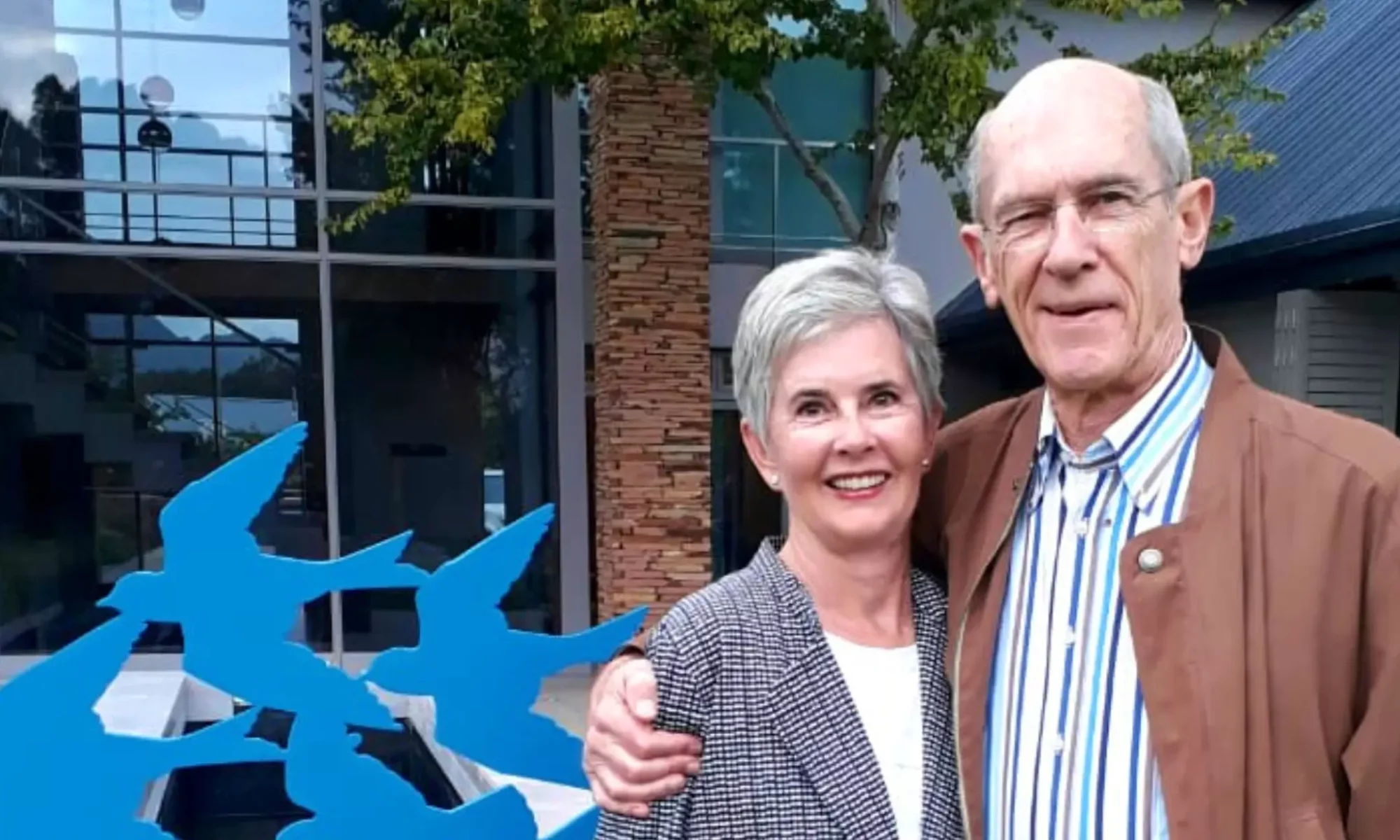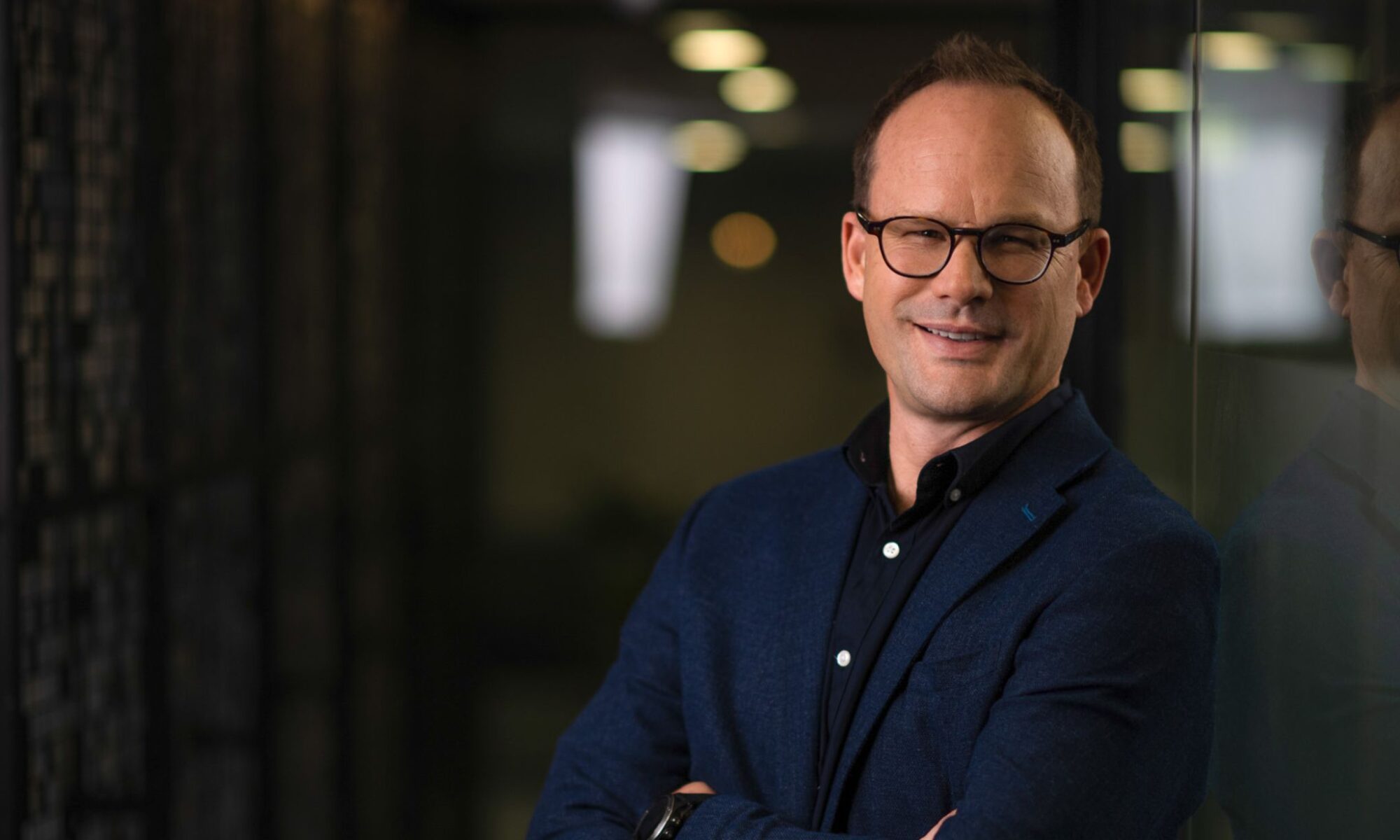In this episode of Our Mergon Journey podcast, Mergon CEO Pieter Faure, COO Gauché Radley, and director Almero Strauss delve into the details of our investment approach by taking us through the hallways of Mergon’s history to the pivotal year of 2008, when founder Francois van Niekerk handed over the leadership reigns to Pieter Faure. Inspired to nurture their entrepreneurial drive, the young team initiated the groundwork for partnerships and measurable impact through early-stage investments in South Africa. Here is an overview of this insightful conversation.
A fork in the road: choosing the entrepreneurial path
In 2008 the team found themselves at a critical T-junction: either to adopt a capital preservation approach, conservatively growing the portfolio over time, or to embrace a more entrepreneurial path and start reinvesting in younger, earlier stage businesses. They opted for the latter – a choice that required new faith and fresh eyes for opportunity. ‘Until that point, our investment focus was primarily on South African property,’ said Almero. ‘Although that remained an important part of the portfolio, we wanted to diversify and explore new investment opportunities beyond South Africa.’
At the same time, he explained, they also wanted to increase their giving through the Mergon Foundation. ‘After 28 years with the primary focus on growth in asset value,’ Almero continued, ‘the time had now come to drive growth in distributions. So, we embarked on a journey of aggressively growing the distributions to partners of the Mergon Foundation and added many new partners over the next few years.’
Navigating uncharted waters: a unique investment approach
In the coming years, the portfolio further diversified and grew – investments began to mature, along with an increase in distributions to the Foundation. However, as Gauché explained, this entrepreneurial approach was not without its challenges.
‘Typically, you have two investment scenarios,’ he said. ‘Either you have a high-growth portfolio with a lower yield, and the focus is on plowing all the returns or dividends back into the portfolio to ensure maximum growth. Alternatively, you have a lower-growth portfolio where the focus is on the yield, almost like an endowment fund.’
‘We decided to go for a high-growth, high-yield mandate,’ he added, ‘a decision which is ‘not really normal’ in the investment world.’
‘This strategy was incredibly dynamic and exciting,’ Gauché said, ‘but it did present some complexity when it came to cashflow.’ In order to generate liquidity and effectively manage the portfolio, he explained, they needed to depend on a complex blend of funding sources. This involved receiving dividends from some of the more mature or listed investments, making strategic reallocations within the portfolio, and using gearing to ensure gradual and steady results over time. It was a strategy that proved to be successful, allowing Mergon to significantly increase its distributions to the Foundation for over 14 years.
Adapting with purpose: embracing flexibility in strategy
In recent years, Almero went on to say, Mergon has adopted a more balanced approach by blending private business investments and more liquid assets. This approach has not only enabled the team to stay dedicated to investing in private businesses but also has ensured a careful handling of liquidity.
Pieter reflected on this strategic shift, acknowledging it as one of several adaptations that Mergon has made over the years. ‘I believe it’s crucial, as we steward capital, not to be overly attached to a fixed model or a specific way of thinking about the right or best approach,’ said Pieter. ‘Instead, we must create space for God to speak into our strategy and our hearts. Looking back at previous seasons, different models have been called for. We’ve never adhered rigidly to our thinking; we’ve always maintained flexibility. Our approach has consistently been open-handed and open-hearted, allowing us to hear what God is saying. The result of which, we’ve had the incredible privilege to be actively engaged on the ground, journeying alongside entrepreneurs in building businesses over the past 14 years.’
Nurturing Long-Term Partnerships
Because partnership is a core part of our approach, it has significantly shaped how we think about investments. This has led to an investment mindset and strategy that differs from the usual approaches often associated with venture capital. Gauché elaborated, ‘Unlike a private equity fund that engages in short-term buy-ins and exits within a five-year span, we take on a more long-term outlook. This aligns our values with building value alongside entrepreneurs, which requires a bit more patience. We ensure that we’re making the right decisions for the business, avoiding a rush to maximise value within a five-year window.’
He added, ‘But journeying with entrepreneurs entails more than just business – in the end, it’s about people.’ Pieter, Gauché, and Almero went on to share their views on what it means to stand by entrepreneurs, leveling power imbalances through partnerships and journeying through all of life’s challenges and victories. To learn more about our relational approach and listen to the full podcast, click here.
